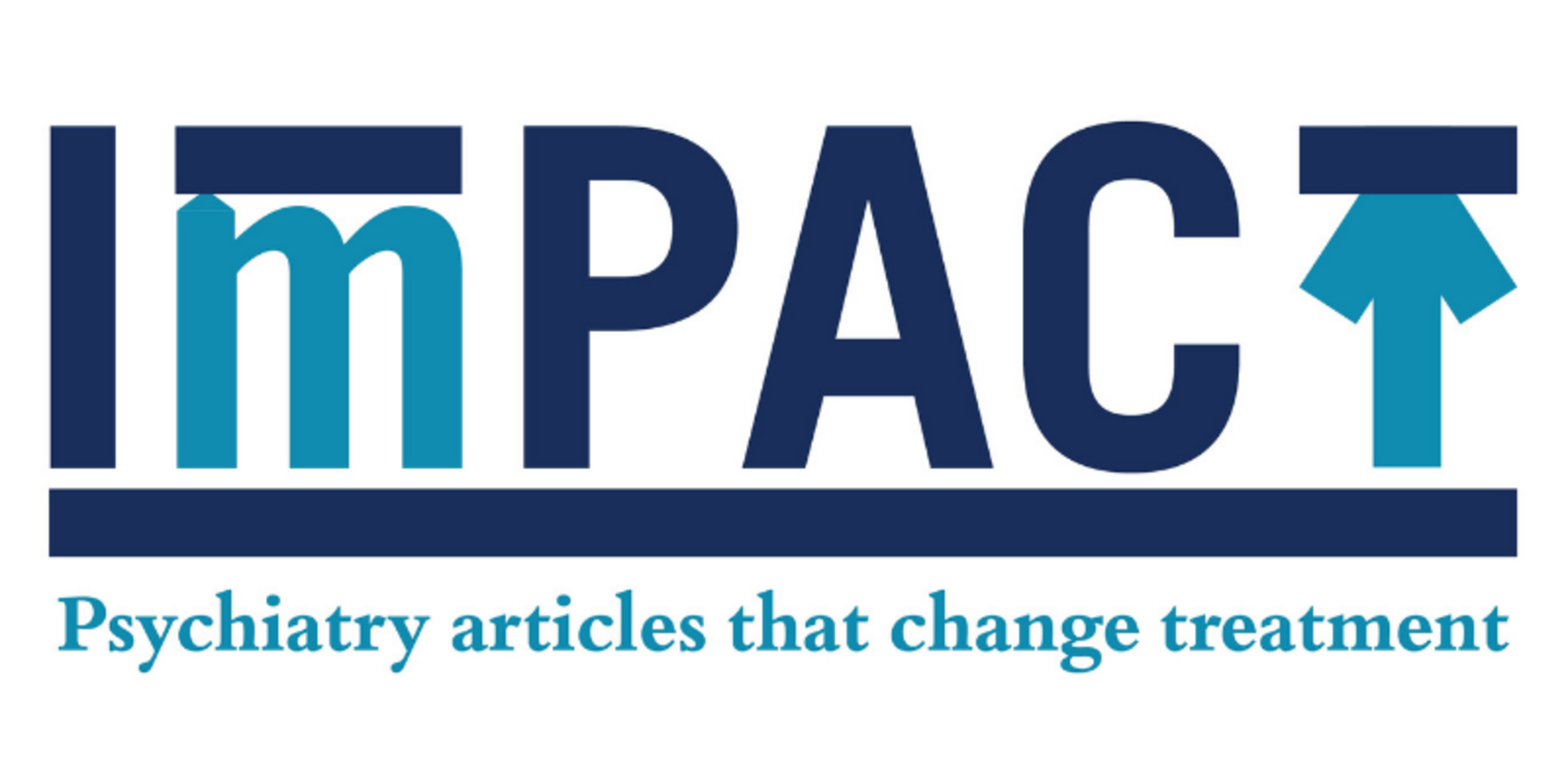Mobile Menu
-
Education
- MD Program
- Postgraduate Education
- Subspecialties
- Fellowships
- Continuing Professional and Practice Development
-
Faculty Development
- Status-only Faculty Series
- Centre for Faculty Development
- Faculty Development Resources
- Faculty Development Committee
- Donald Wasylenki Education Day 2023 - Presentations and Posters
- Donald Wasylenki Education Day 2022 - Presentations and Posters
- Donald Wasylenki Education Day 2021 - Presentations and Posters
- Faculty Development Opportunities
- New Faculty Orientation
- CBD Faculty Development Update
- Clinician-Researcher Track (CResT)
- Indigenous Stream
- Clinician Scholar Program
- Learner Mistreatment Resources and Supports
- Research
-
Divisions & Programs
- Division of Adult Psychiatry and Health Systems
- Division of Neurosciences and Clinical Translation
- Division of Child and Youth Mental Health
- Division of Consultation/Liaison Psychiatry
- Division of Forensic Psychiatry
- Division of Geriatric Psychiatry
- Division of Psychotherapy, Humanities, and Psychosocial Interventions
- Global Mental Health Program
- Advocacy and Mentorship Groups
- Quality, Innovation, & Safety
-
News & Events
- News
- Events
- PsychNews
- Mindfest
- Donald Wasylenki Education Day
- The Future of Psychotherapy Conference
- Department of Psychiatry Research Day
- Annual University of Toronto Psychopharmacology Conference
- Professorial Lectures
- Psych Refresh
- Continuing Professional & Practice Development (CPPD) Day
- Impact: Psychiatry Articles that Change Treatment
- Faculty & Staff
-
About Us
- Who We Are
- Our History
-
Hospital Partners
-
About our community sites
- George Hull Centre
- Humber River Health
- Michael Garron Hospital
- North York General Hospital
- Ontario Shores Centre
- Scarborough Health Network
- St. Joseph’s Health Centre
- Surrey Place
- Trillium Health Partners
- University of Toronto, Health & Wellness Centre
- Waypoint Centre for Mental Health Care
- Youthdale Treatment Centres
-
About our community sites
- Strategic Plan
- Annual Report
-
EDIIA in the Department of Psychiatry
- Advisory Council for Equity, Diversity, Inclusion, Indigeneity, and Accessibility (EDIIA) in Clinical Care
- Equity, Diversity, Inclusion, Indigeneity, and Accessibility (EDIIA) Education and Training Council
- Faculty Mentorship Program
- Educational Resources on EDIIA
- Hiring and Search Committee Policies
- Contact Us
- Department Awards
- Giving






